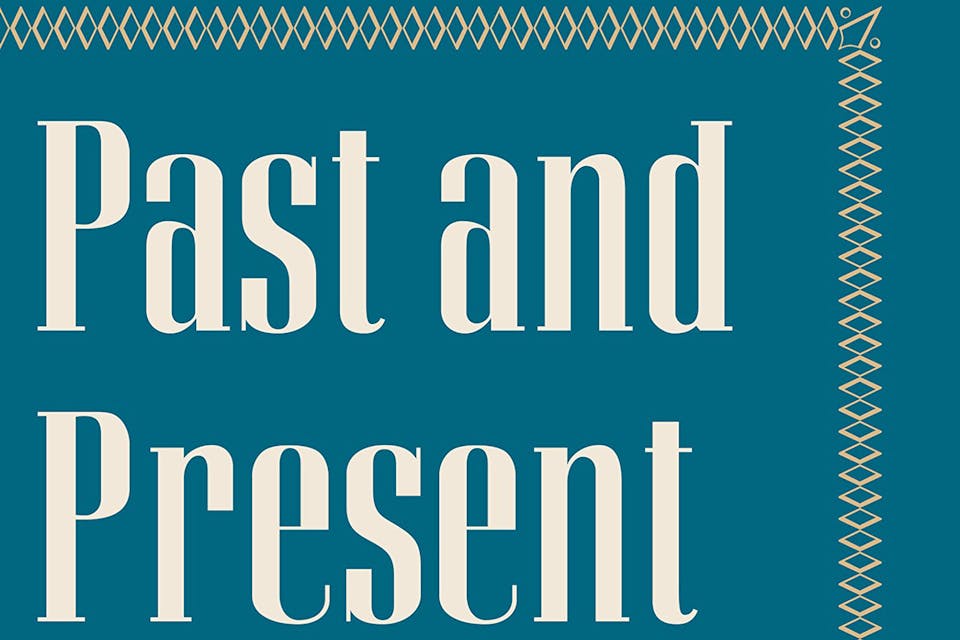
June 14, 2017
A Balm for the Pathologies of Postmodernism
Out of the pages of history, the distinguished scholar and essayist Gertrude Himmelfarb offers intellectual, moral, and political aid for our time.
To assert that ours is the postmodern age, as do many left-wing intellectuals and not a few conservatives, is to sow confusion about the character of the era in which we live.
Postmodernism is associated with a variety of grandiose projects, pursued most intensively within colleges and universities but spreading their influence outward into the media and affecting the attitudes, the language, and the conduct of social, political, educational, and religious institutions of all kinds. Underlying these extravagant enterprises—they include the deconstruction of texts, the repudiation of the Western canon if not the overcoming of Western civilization itself, the embrace of multiculturalism, and the celebration of self-creation—are extraordinary claims. By undermining comprehensive historical narratives, debunking authoritative judgments about morality, politics, and truth, and discrediting transcendent principles of philosophy and religion, postmodernism believes itself to have effected a radical break with modernity and ushered in a new epoch.
Yet, contrary to its defining boasts, postmodernism explicitly offers a comprehensive and putatively unchallengeable historical narrative of its own, issues canonical moral judgments, and affirms inviolable principles. Reminiscent of the progressive understanding of history associated with Kant, Hegel, and Marx, postmodern theorists maintain—albeit in a hyper-convoluted jargon that opens new vistas in rigidity, pomposity, and obscurantism—that their discoveries, by dissolving false and oppressive hierarchies, set people free and promote human equality.